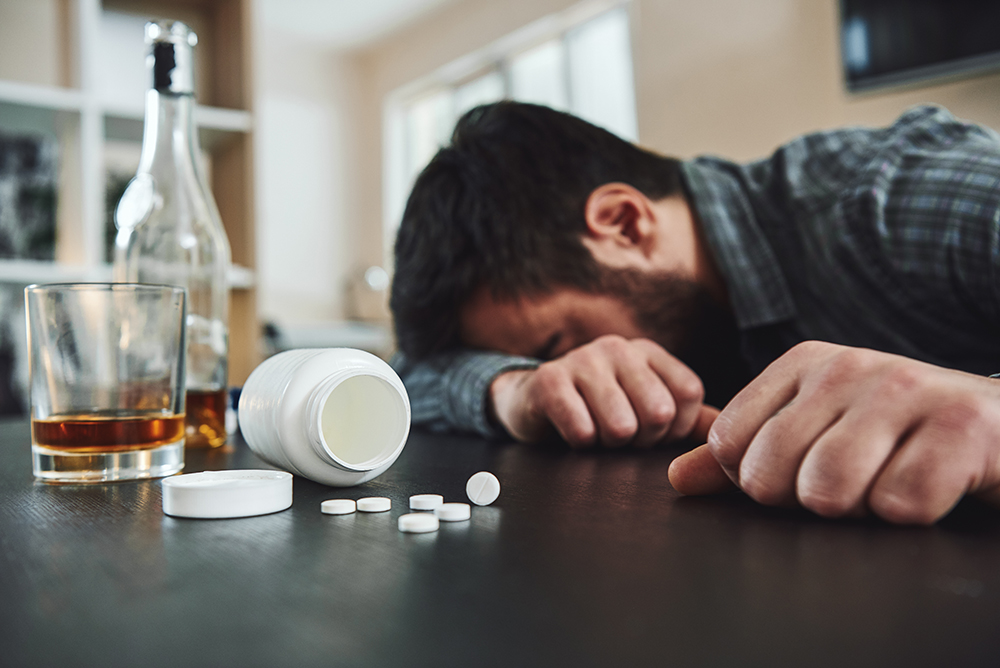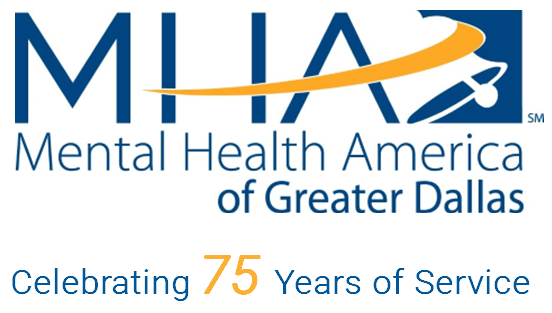If your community has been hit by a school emergency, natural disaster, or loss of life, you’re probably trying to make sense of what happened and deal with the stress of the situation. These events create a tremendous amount of stress and anxiety for those directly and indirectly affected. In the days and weeks following the disaster, you may begin to have some of these common reactions:
Common Reactions
- Disbelief and shock
- Fear and anxiety about the future
- Disorientation; difficulty making decisions or concentrating
- Apathy and emotional numbing
- Nightmares and reoccurring thoughts about the event
- Irritability and anger
- Sadness and depression
- Feeling powerless
- Changes in eating patterns; loss of appetite or overeating
- Crying for “no apparent reason”
- Headaches, back pains and stomach problems
- Difficulty sleeping or falling asleep
- Increased use of alcohol and drugs

It is ‘normal’ to have difficulty managing your feelings after major traumatic events. However, if you don’t deal with the stress, it can be harmful to your mental and physical health. Here are some tips for coping in these difficult times:
- Talk about it. By talking with others about the event, you can relieve stress and realize that others share your feelings.
- Spend time with friends and family. They can help you through this tough time. If your family lives outside the area, stay in touch by phone. If you have any children, encourage them to share their concerns and feelings about the disaster with you.
- Take care of yourself. Get plenty of rest and exercise, and eat properly. If you smoke or drink coffee, try to limit your intake, since nicotine and caffeine can also add to your stress.
- Limit exposure to images of the disaster. Watching or reading news about the event over and over again will only increase your stress.
- Find time for activities you enjoy. Read a book, go for a walk, catch a movie or do something else you find enjoyable. These healthy activities can help you get your mind off the disaster and keep the stress in check.
- Take one thing at a time. For people under stress, an ordinary workload can sometimes seem unbearable. Pick one urgent task and work on it. Once you accomplish that task, choose the next one. “Checking off” tasks will give you a sense of accomplishment and make things feel less overwhelming.
- Do something positive. Give blood, prepare “care packages” for people who have lost relatives or their homes or jobs, or volunteer in a rebuilding effort. Helping other people can give you a sense of purpose in a situation that feels ‘out of your control.’
- Avoid drugs and excessive drinking. Drugs and alcohol may temporarily seem to remove stress, but in the long run they generally create additional problems that compound the stress you were already feeling.
- Ask for help when you need it. If you have strong feelings that won’t go away or if you are troubled for longer than four to six weeks, you may want to seek professional help. People who have existing mental health problems and those who have survived past trauma may also want to check in with a mental health care professional. Being unable to manage your responses to the disaster and resume your regular activities may be symptoms of post-traumatic stress disorder (PTSD), a real and treatable illness. Help is available. Make an appointment with a mental health professional to discuss how well you are coping with the recent events. You could also join a support group. Don’t try to cope alone. Asking for help is not a sign of weakness.
Additional Resources
The national Disaster Distress Helpline (call or text 1-800-985-5990; for Spanish, press “2”) is dedicated to providing crisis counseling and support 24/7/365 for anyone in the U.S./territories experiencing emotional distress or other mental health concerns related to any natural or human-caused disaster. Callers can connect with DDH hotline counselors in 100+ additional languages via third-party interpretation services. People who are Deaf or hard of hearing can use the text option, or for TTY, use their preferred Relay service or dial 7-1-1 and then 1-800-985-5990.

If you are having suicidal thoughts or thoughts about hurting yourself, call one of these crisis lines:
Adapt 24/7 Mobile Crisis Hotline
866-260-8000
Suicide & Crisis Center of North Texas 24/7 Crisis Line
214-828-1000
National Suicide Prevention Lifeline
800-273-8255
North Texas Behavioral Health Authority
NTBHA is the designated Local Behavioral Health Authority for the Dallas Metro Area.
